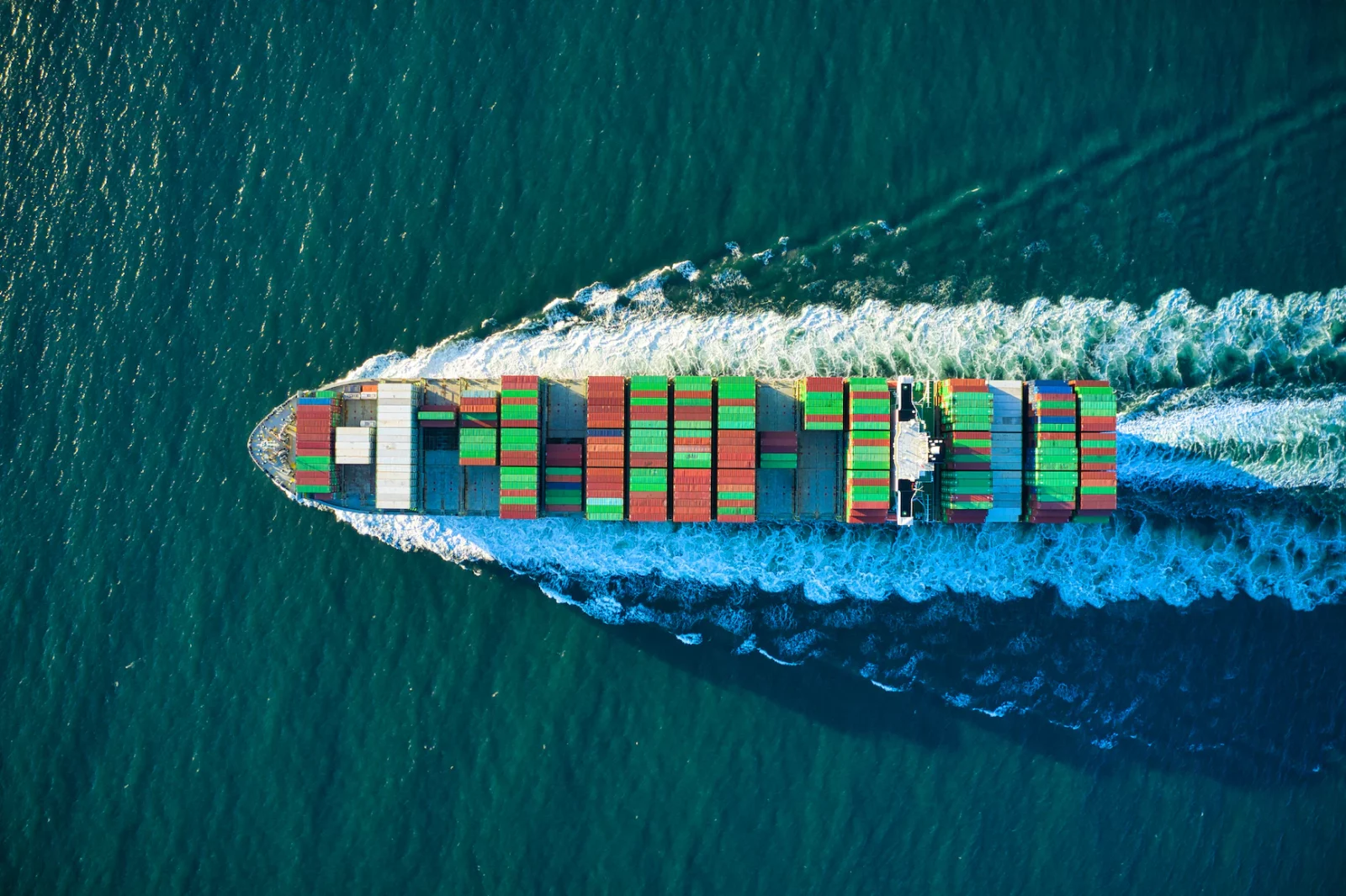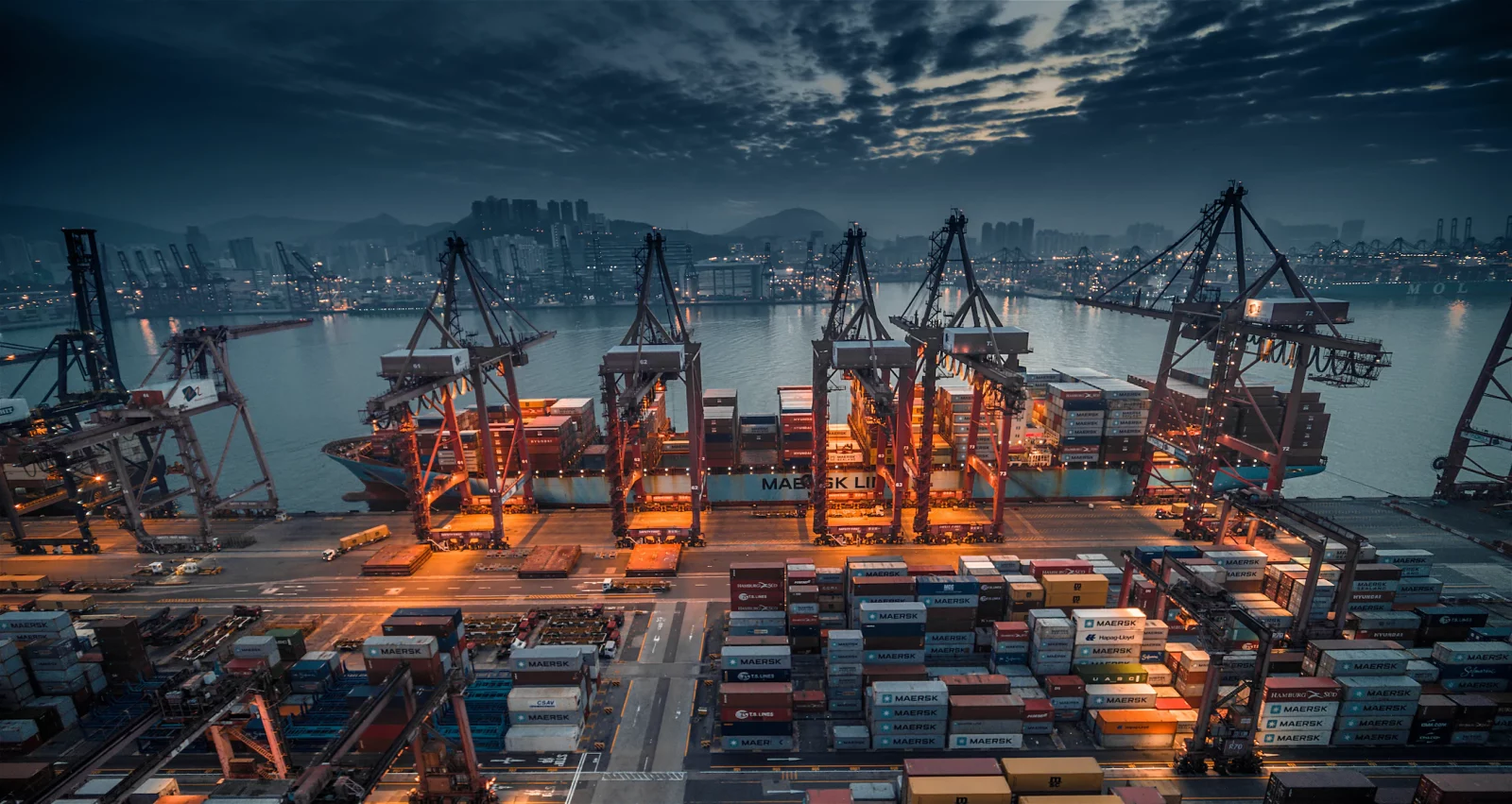Infrastructure
What is infrastructure?
The word “Infrastructure” means foundation, and infrastructure can be defined as the basic physical systems that facilitate the process of production in the industrial sector, or life in societies.
Infrastructure also expresses the basis on which operations are based, whether they are resources, such as employees, buildings, and equipment, to be relied upon for the production process to take place, or the system of public works, as transportation systems, communication networks, sanitation, and other basic necessities of life for citizens in a country.
Given the importance of this sector to the Kingdom, the infrastructure in Saudi Arabia has witnessed a remarkable modernization and development since the announcement of the Crown Prince the Kingdom’s Vision 2030.
Emphasizing the efforts made in this field and its importance to the Kingdom, The National Infrastructure Fund of the National Development Fund was established with a value of 200 billion Saudi riyals, to contribute to the development of the financial sector by finding alternative solutions for financing infrastructure projects.
The efforts made in this regard can be seen in the development of the Kingdom in the field of infrastructure in the years from 2018 to 2022, according to the Global Competitiveness Report, and this development is shown in the following table:
| Year | 2018 | 2019 | 2020 | 2021 | 2022 |
| Ranking | 44 | 38 | 36 | 36 | 34 |
Infrastructure types
Infrastructure is generally divided into two types:
Physical infrastructure
The physical infrastructure can be defined as the physical system necessary to manage a modern industrial country in an integrated manner, which includes a group of sectors, and one of the important:
Transportation sector
The transportation sector is an important physical infrastructure. It provides various means to facilitate the movement of people and goods. Infrastructure includes lands, facilities, and equipment of various modes of transportation, in addition to their maintenance and development, which are concentrated in three:
Land transportation
The field of land transport includes buses, cars, and railways. One of the most important actions undertaken by the Kingdom in this regard is the national strategy for transport and logistics services. One of its most important objectives is the development of the land transport sector, which contributes to enhancing the quality of life of citizens and improving the various modes of transport.
This is in addition to developing a plan to implement the land bridge project that connects the eastern region to the western region with a fast passenger and goods train, linking the Red Sea and the Arabian Gulf with a length of 1,600 km, as part of the Kingdom’s belief in the importance of infrastructure in economic development overall.
Maritime transportation
In this regard, the CEO of the Saudi National Shipping Company confirmed that maritime transport in the Kingdom owns approximately 100 modern and advanced ships to transport all goods in the Kingdom. The Kingdom has also established the Saudi Ports Authority, which envisages the development of a sustainable and prosperous maritime sector to consolidate the Kingdom’s global position in this field, and to enable its economic and social ambitions.
Air transportation
An expression of the interest of the Kingdom of Saudi Arabia in the field of air transport, The Saudi Industrial Development Fund revealed a clear strategic plan at the Saudi Logistics Conference in 2019, with the aim of financing many logistical projects in the Kingdom. Including infrastructure projects for airports and air cargo projects, in addition to the Kingdom’s establishment of approximately 15 domestic airports and 5 international airports, as a confirmation of its support in this field.
Telecom sector
The communications infrastructure includes everything that can help keep pace with technological developments, such as wires, telephone cables, the Internet, communication towers, satellites, and others.
The Ministry of Communications and Information Technology in the Kingdom seeks to develop the telecommunications sector in various ways, and within many programs, initiatives and services in cooperation with the public and private sectors, such as the Digital Government Authority, the Absher electronic platform, digital payments, digital certification services, and many others.
Energy sector
Infrastructure includes buildings and equipment that enable the country to produce energy, whether it is coal, gas, nuclear power, or clean energy from which energy can be produced without the need for fossil fuels, like the sun and wind.
The Kingdom is a pioneer in this field through its continuous efforts in the various fields of energy, and one of its most famous role is the King Salman Energy City “SPARK”, which is an integrated industrial city that provides world-class infrastructure for international investors in the oil and gas sectors, and many Other areas related to energy production.
Water sector
One of the most important parts of the infrastructure of any country is to maintain the supply of clean and safe water to citizens throughout the country. Therefore, it is necessary to work on the water infrastructure, such as main water lines, wells, pumping stations, septic tanks, dams, and other important areas concerned with providing basic services to citizens.
The National Water Strategy 2030 in the Kingdom to maintain a sustainable water sector through which citizens’ requirements are met, while working to manage their demand in this field.
In 2022, the Kingdom announced 1,429 infrastructure development projects. These projects aim to enhance water services and their sustainability in the Kingdom, in addition to increasing the coverage of water and sanitation networks.
Road Sector
Road infrastructure lies in the provision of roads suitable for driving, as public roads, highways, streets, in addition to bridges and tunnels, and even signs and traffic lights and others that serve citizens and maintain their comfort and safety.
Among the most prominent efforts undertaken by the Kingdom in the field of developing road infrastructure are smart transportation applications, in addition to activating many initiatives, the most important of which is the initiative of the National Center for Road Safety, which aims to reduce traffic accident deaths as part of the national transformation program that aims to developing the infrastructure of the Kingdom and part of Vision 2030.
Non-material infrastructure
Non-material infrastructure is the services or institutions that the country needs to provide the economic, health and social needs of the population, and it includes many areas, among them are the following:
- Human capital.
- Hospitals.
- Schools and universities.
- Public government institutions.
Speaking of the efforts of the Kingdom in this field, the Kingdom allocates more than 71 billion dollars for the largest social infrastructure projects. It focuses on housing projects first because it is the first stage of social infrastructure, in addition to a group of health and educational projects in the Kingdom.
This is in addition to the launch of several cultural projects by the Saudi Ministry of Culture within the initiatives of the Quality of Life Program, including the Cultural Development Fund which provides many services, the most important of which is the development of the cultural sector, and enabling the private sector in the Kingdom to participate in its growth. Especially projects related to infrastructure and other support services.
The Kingdom is making efforts to diversify cultural infrastructure projects to include the establishment and rehabilitation of public libraries, museums, and galleries, and the development of the film and music sectors, and other things that can provide the appropriate environment for investing in the talents and creativity of Saudis.
The importance of infrastructure
The importance of infrastructure lies in providing an easier life, and in shortening the time and effort in the daily life of the country for ordinary citizens or business owners. Simply because it provides safe roads, power plants that continue to produce, sewerage that are constantly maintained, communications networks, and other important infrastructure that will necessarily achieve the well-being of citizens in the country.
The National Transformation Program in Saudi Arabia, which is part of the Kingdom’s Vision 2030, came to be responsible for striving to develop the necessary infrastructure for the Kingdom, and to create an enabling environment for the public, private, and non-profit sector.
The connection between infrastructure and economic growth
Infrastructure cannot be separated from all areas of life, including the field of the economy. Infrastructure directly affects economic growth in the country. Investment in infrastructure, as in the fields of energy, communications, transportation, necessarily leads to economic growth in the country, because infrastructure is an important basis for the production of goods and services.
In addition to the level of well-being that the citizens of the country reach when the developed infrastructure is available, it also facilitates commercial operations, promotes the exchange of goods, services, and investments and provides more jobs in the country.





